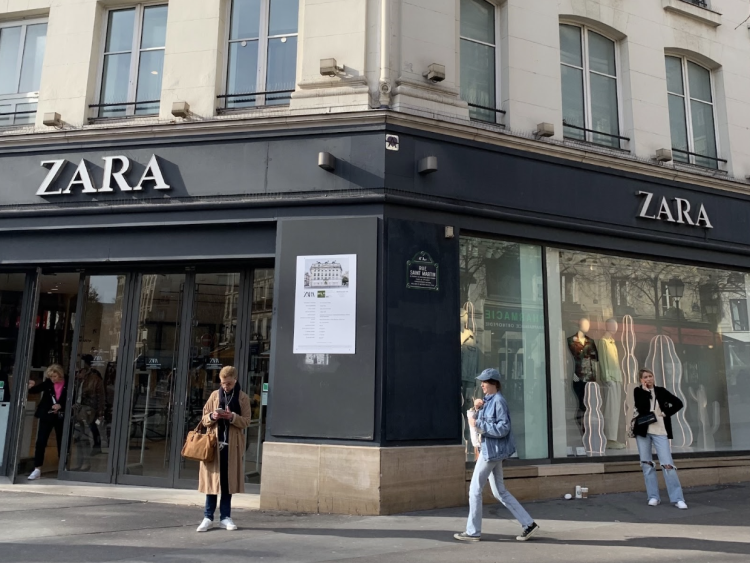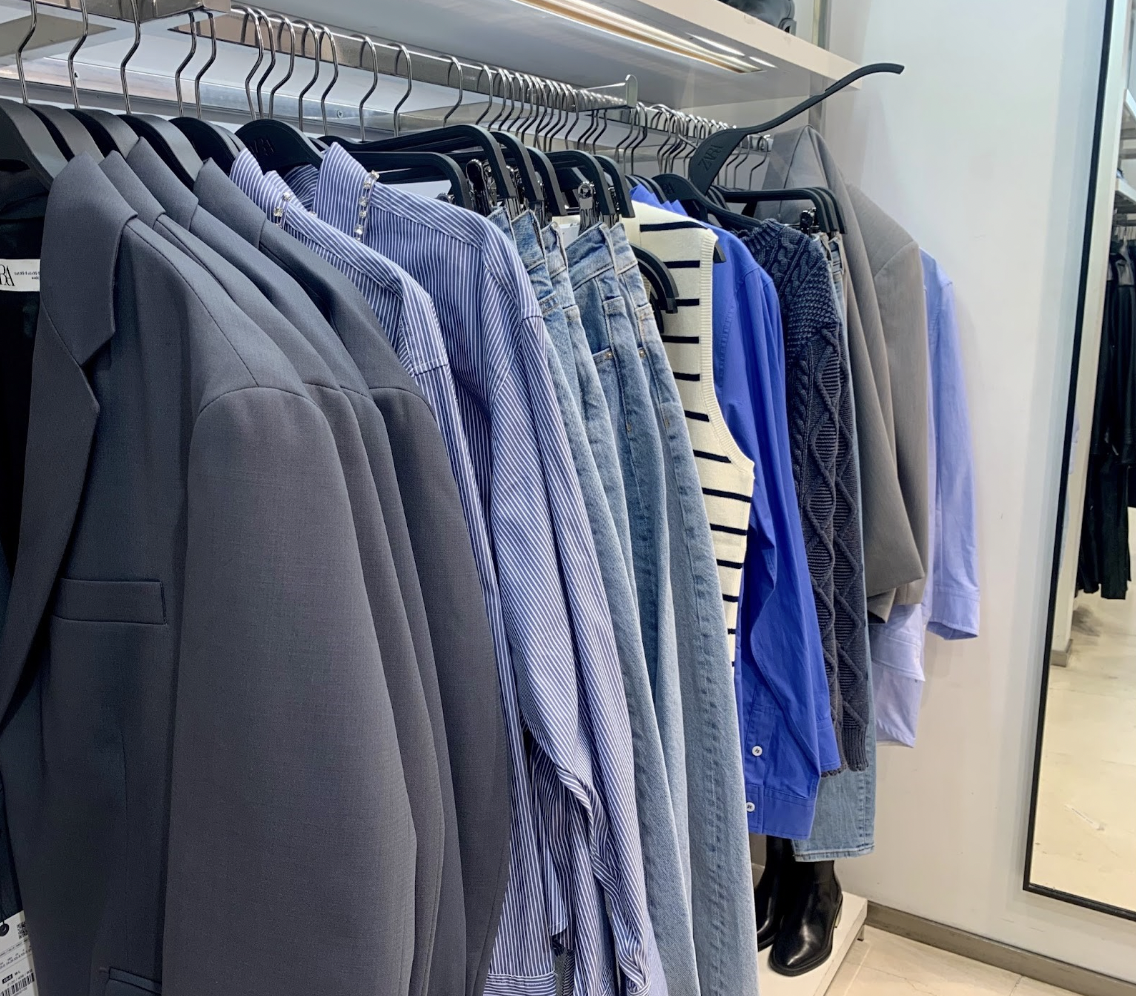What's Missing in the Conversation on Sustainable Fashion

Over the past decade, the term ‘sustainability’ has been popping up more and more in fashion companies' branding while discussions about ‘doing your part’ increase among consumers. As the movement gains traction, the definition of sustainability has become foggier - what was once understood as practices to preserve natural resources over time has since become lost in the greenwashed world of the fashion industry.
Greenwashing refers to misleading projections of eco-consciousness by fashion brands. Consumers are so caught up in the excitement of ‘doing their part’ that they fail to realize their behavior only reinforces the need for eco-action and developing an eco-consciousness, instead of treating the movement as a passing fad.
This dichotomy is finding its way into current discussions of sustainable fashion. A 2022 article from The New York Times redefined the term ‘sustainability’ as ‘responsible fashion’, taking into account the complexity of sustainability today and the difficulty that arises when talking about it in a genuine way. Responsible fashion requires informed practices from industry players and consumers alike, but this intricacy is hard to navigate without proper education.
Professor of Fashion Studies at the American University of Paris, Sophie Kurkdjian, thinks there is a general lack of consumer knowledge of the fashion industry. “We need a united action from the industry, the academia, the NGO, the consumers, the State,” she said, exemplifying the complexity of the situation and the need for action from every segment of the fashion industry. When discussing sustainable practices in fashion, the focus tends to remain on the industry itself - how they create and solve problems of environmental devastation. While the industry undeniably holds power over the mass of consumers, dictating what they can consume and influence how they consume it, little authority is afforded to the masses’ ability to spark change.
The common consumer rarely concerns themselves with the intricacies of sustainability, which might explain why this group is often denied authority on the subject. When “sustainable” is slapped on a label or brand website, consumers are happy and feel fulfilled in their participation in the green movement without a second thought of a brand's actual efforts.
Consumers who care about sustainability still find themselves falling victim to hyper consumption. Image Credit: Amber BeckerWhen asked about her understanding of fashion sustainability, Abigail Davis, a 20 year old Junior at the American University of Paris, mentioned recycled materials and thrifting, but did not bring up the issue of consumption. She said, “Recycled materials and trying to waste as little as possible, I would say [are at the heart of sustainability] - whether that be through thrifting or using eco-friendly materials.”
Davis, who is not a scholar of fashion, represents the views of a large population of young consumers today. It cannot be expected that everyone who buys clothes will be an expert on the lesser-publicized elements of fashion production. It is arguable that any understanding of fashion sustainability is better than none at all.
Whilst consumer awareness of the issue of consumption in achieving sustainability is crucial, awareness does not equate to action. Katherine Veach, a 21 year old student at Cabrillo College in California, mirrors these views. Veach makes reference to the issue of consumption in achieving sustainability, among the other tenets named by Abigail like eco-friendly materials and buying second-hand. “I don’t think of [sustainability] when I buy second-hand, though,” said Veach.
This is where the knowledge gap between experts on sustainability and the common consumer becomes apparent. An elementary understanding only takes us so far, and easily falters in the face of the micro-trend cycles enforced by the industry and the attractive affordability of used clothes. Consumption does not cease to matter when the shopping is second hand, rather it encourages the habit of hyper-consumption that inevitably puts clothes in landfills.
When fashion brands include “sustainability” in their marketing, consumers feel satisfied that they have done their part. Image Credit: Amber BeckerPerhaps this is the biggest challenge to sustainability, even greater than industry malpractice and greenwashing. Consumption promotion remains at the heart of brands’ expression of eco-consciousness, and as a result people continue to buy in excess. What you buy matters, but above that matters how you buy, how much you buy, and your attitudes towards living in a world of hyper-consumption. “I think the most sustainable thing would just be buying less, and I don’t think people do that. Otherwise you end up with a lot and you end up throwing away more.” Consumers like Veach are driving this shift -the awareness is there, all that needs to kick in is the action.
Slowly but surely, change is happening. Consumers, who occupy perhaps the least informed sphere of the fashion industry, are becoming activists and spreading the word. While the matter of consumption itself may be missing from every conversation about fashion, it is emerging. An inevitable fashion future lies ahead – a future created and driven by people like us who decide that we are not just consumers, but practitioners of the fashion industry and an engaged society.









